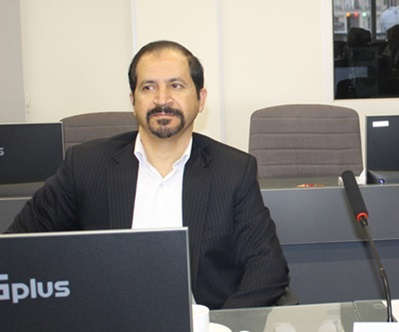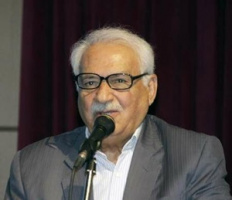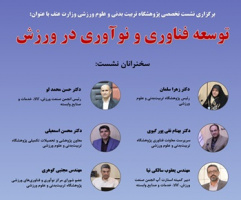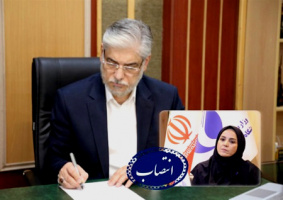31st National Research Institutes Assembly Discusses R&D and Industry Collaboration

Tehran, January 2025 – The 31st Assembly of National Research Institutes convened with the participation of member institute heads, focusing on strategies to enhance industry collaboration through research and development (R&D).
Dr. Peiman Salehi, Deputy Minister for Research at the Ministry of Science, Research, and Technology (MSRT), emphasized the importance of educating industries about Article 13 of the Knowledge-Based Production Promotion Act. He urged research institutes to actively promote the benefits of this law to industrial sectors.
Highlighting the key criteria for R&D project approval, Dr. Salehi outlined three essential elements: systematic planning, innovation, and technological advancement. He noted that R&D projects should aim to:
• Develop new products or services
• Improve existing products or services
• Enhance production processes and operations
Additionally, Dr. Salehi provided a detailed explanation of the acceptable expenditure categories under Clause (b), Article 11 of the Act, as well as the application process, evaluation procedures, and public calls for R&D project submissions.
Review of Institutional Achievements
During the session, Dr. Ali-Bagher Taheri-Nia, Deputy Minister of Science and President of the Institute for Research and Planning in Higher Education (IRPHE), presented a summary of the institute’s key achievements over the past three years.
In his opening remarks, the Secretary of the National Research Institutes Assembly welcomed attendees and highlighted IRPHE’s role as a think tank for Iran’s higher education system.
“With over 50 years of experience and a highly skilled research team, IRPHE aligns its activities with the missions, mandates, and strategic policies of the Ministry of Science, Research, and Technology,” he stated.
The meeting underscored the growing importance of structured R&D efforts in bridging academia and industry, reinforcing the need for research institutes to engage more actively with the private sector.





Your Comment :